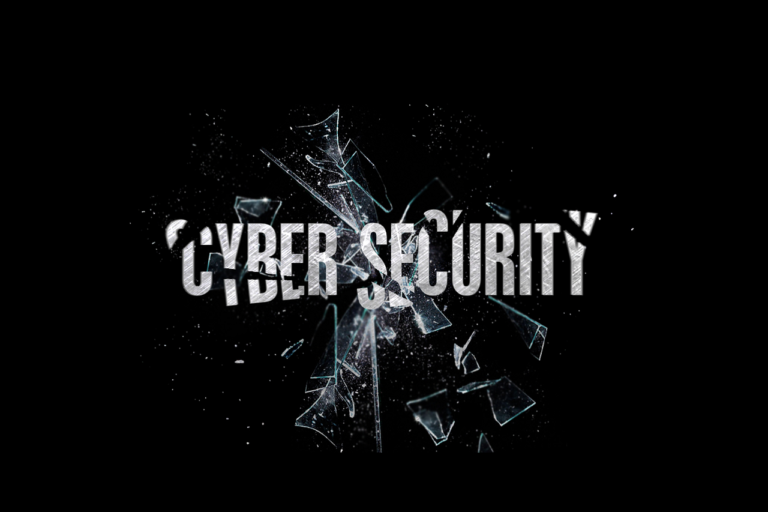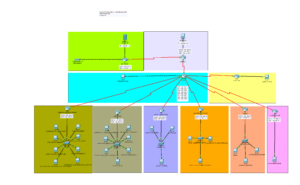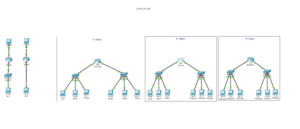In today’s digital age, where a significant portion of our lives is spent online, safeguarding our personal information has never been more critical. One of the most fundamental and yet often overlooked aspects of online security is the password. A strong password acts as your first line of defense against cyber threats.
Importance of a strong password
A simple or easily guessable password is like a flimsy lock on your door. Just like a weak lock is easily breakable, your online accounts are vulnerable to unauthorized access and potential data breaches if you have a weak and simple password. Here’s why strong passwords are essential:
- Protect Your Personal Information:
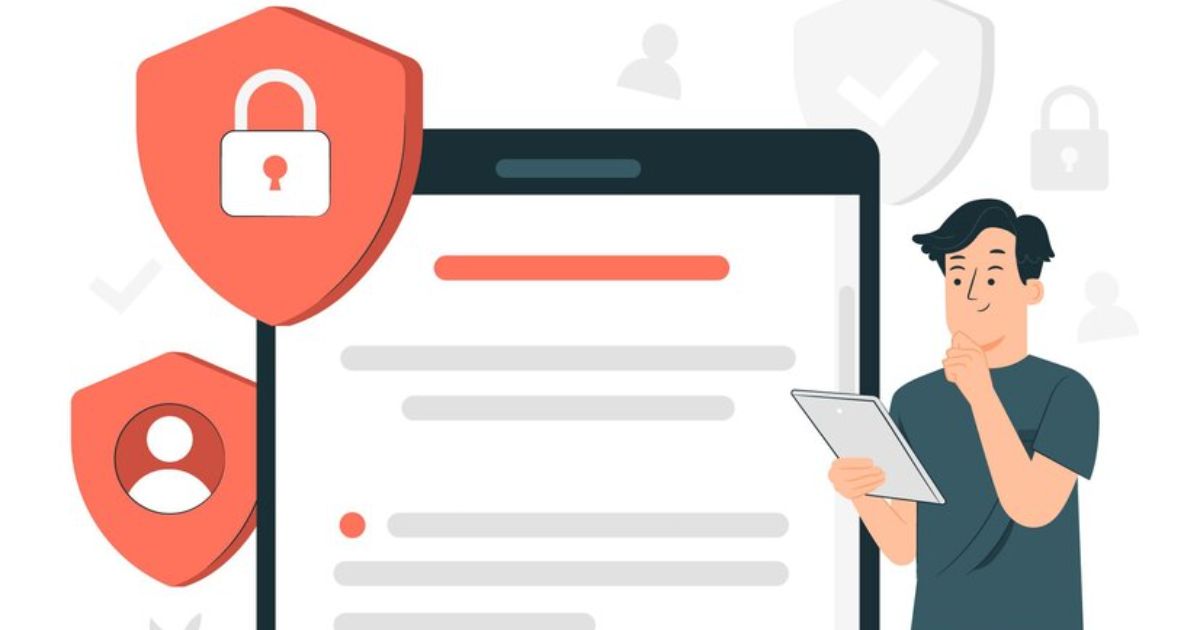
Your online accounts contain sensitive information, including financial data, personal emails, and even social media posts. A strong password helps safeguard this information from prying eyes.
- Prevent Unauthorized Access:
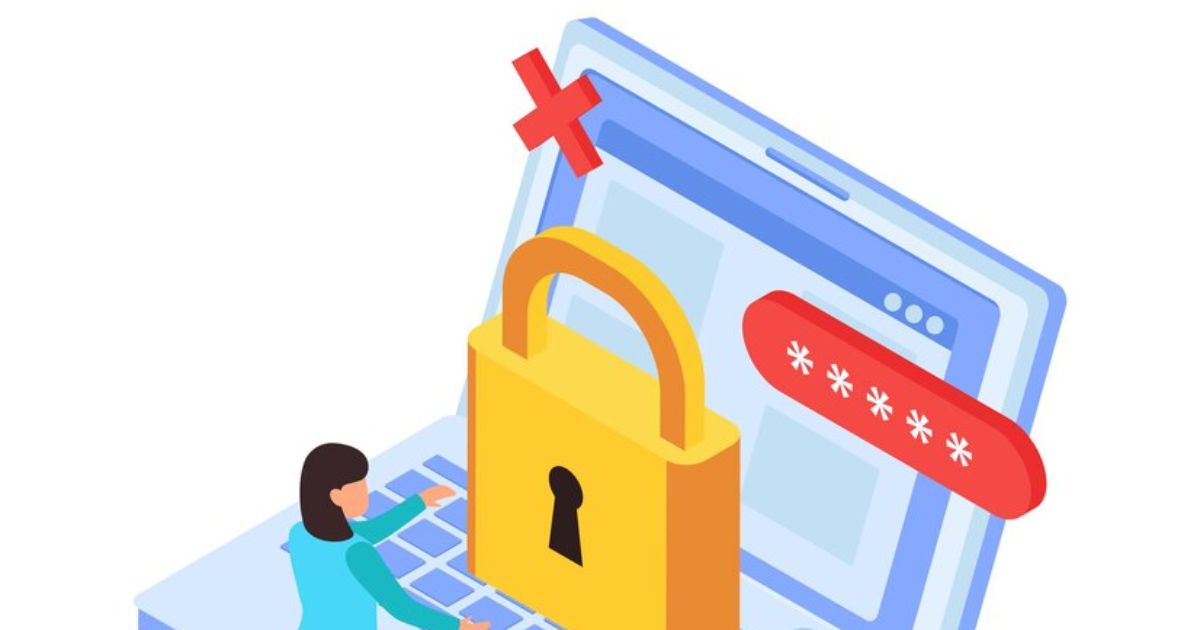
Strong passwords are a formidable barrier against hackers and malicious actors attempting to gain access to your accounts. It might be quite challenging for them to decipher a complicated password.
- Safeguard Your Reputation:

A compromised account can lead to identity theft, online harassment, or misuse of your online presence, damaging your reputation both personally and professionally.
How to create a strong password
- Length Matters:

Aim for a minimum of 12 characters. Longer passwords are inherently more secure.
- Mix It Up:

Combine capital and lowercase letters, numerals, and special characters (such as!, @, #, $, and %).
- Steer clear of predictability:

Don’t ply widely used symbols like “123456,” “password,” or keyboard shortcuts like “qwerty.”
- Unpredictability Is Key:

Don’t use easily guessable information like birthdays, names, or common words. Instead, opt for random combinations.
- Passphrases:

Consider using passphrases, which are longer, easy-to-remember combinations of words or sentences. For example, “PurpleTiger$Dances!Fast!” is a strong passphrase.
- Unique for Each Account:

Use different passwords for each of your online accounts to prevent a breach in one account from compromising others.
- Password Manager:

Consider using a reputable password manager to generate, store, and auto-fill strong, unique passwords for each account. This makes managing multiple strong passwords a breeze.
- Regular Updates:

Change your passwords periodically, especially for critical accounts. This ensures that even if your password is compromised, it won’t remain vulnerable for long.
Extra Layers of Security
While strong passwords are crucial, they shouldn’t be your only defense. Implementing additional security measures enhances your online protection:
- Two-Factor Authentication (2FA):

Whenever possible, enable 2FA on your accounts to add an extra layer of security. This typically involves receiving a one-time code on your mobile device or email.
- Stay Alert to Phishing:

Be cautious of emails or messages requesting your password. Verify the source before sharing any login credentials.
- Public Wi-Fi Caution:

Avoid logging into sensitive accounts on public Wi-Fi networks, as they may not be secure.
In summary, establishing and keeping secure passwords is a crucial step in protecting your online identity and personal data. You’ll greatly lower your chance of being a victim of cyber attacks by adhering to these recommendations and remaining watchful against possible threats. Keep in mind that you are responsible for your own online security, and creating a secure password is the first step.


